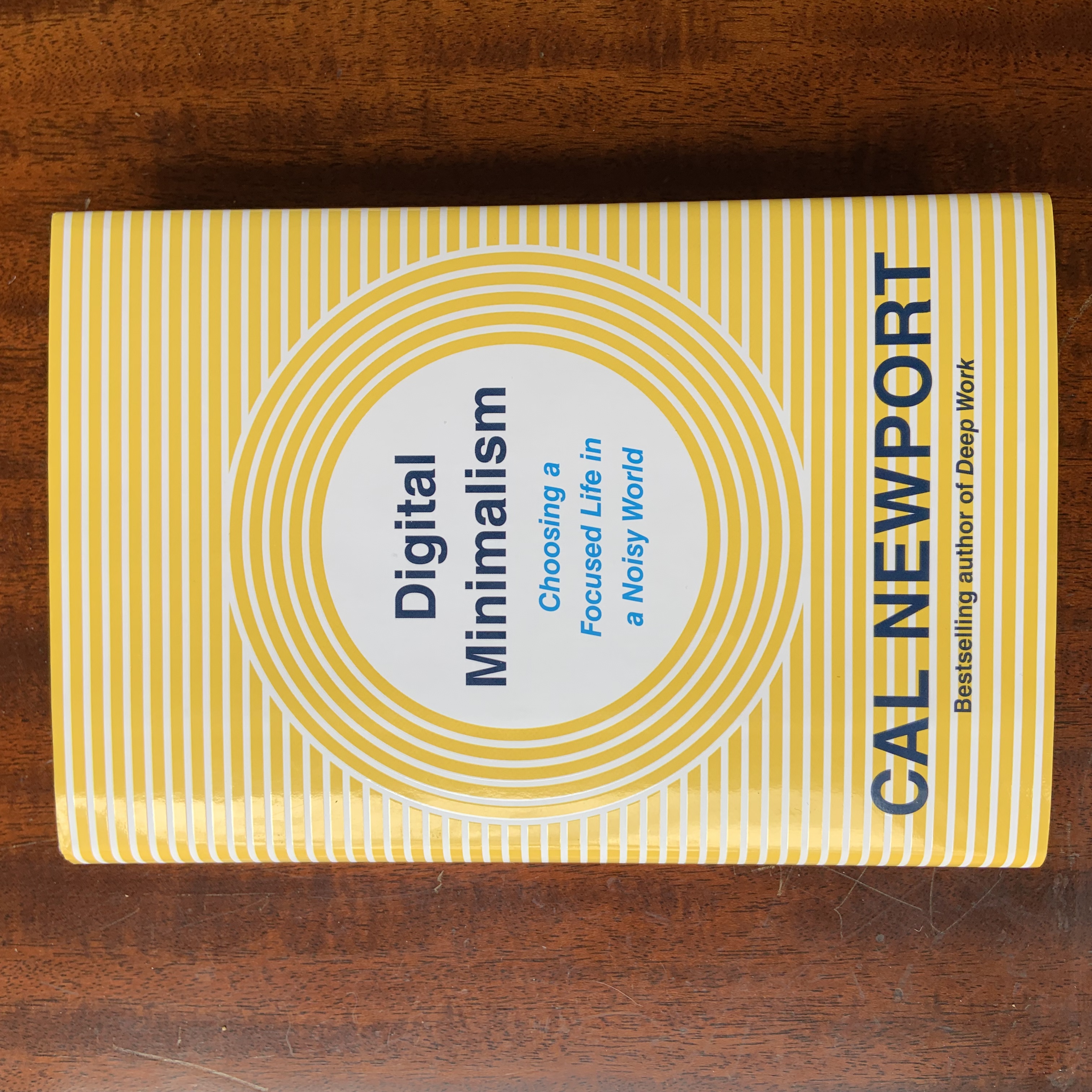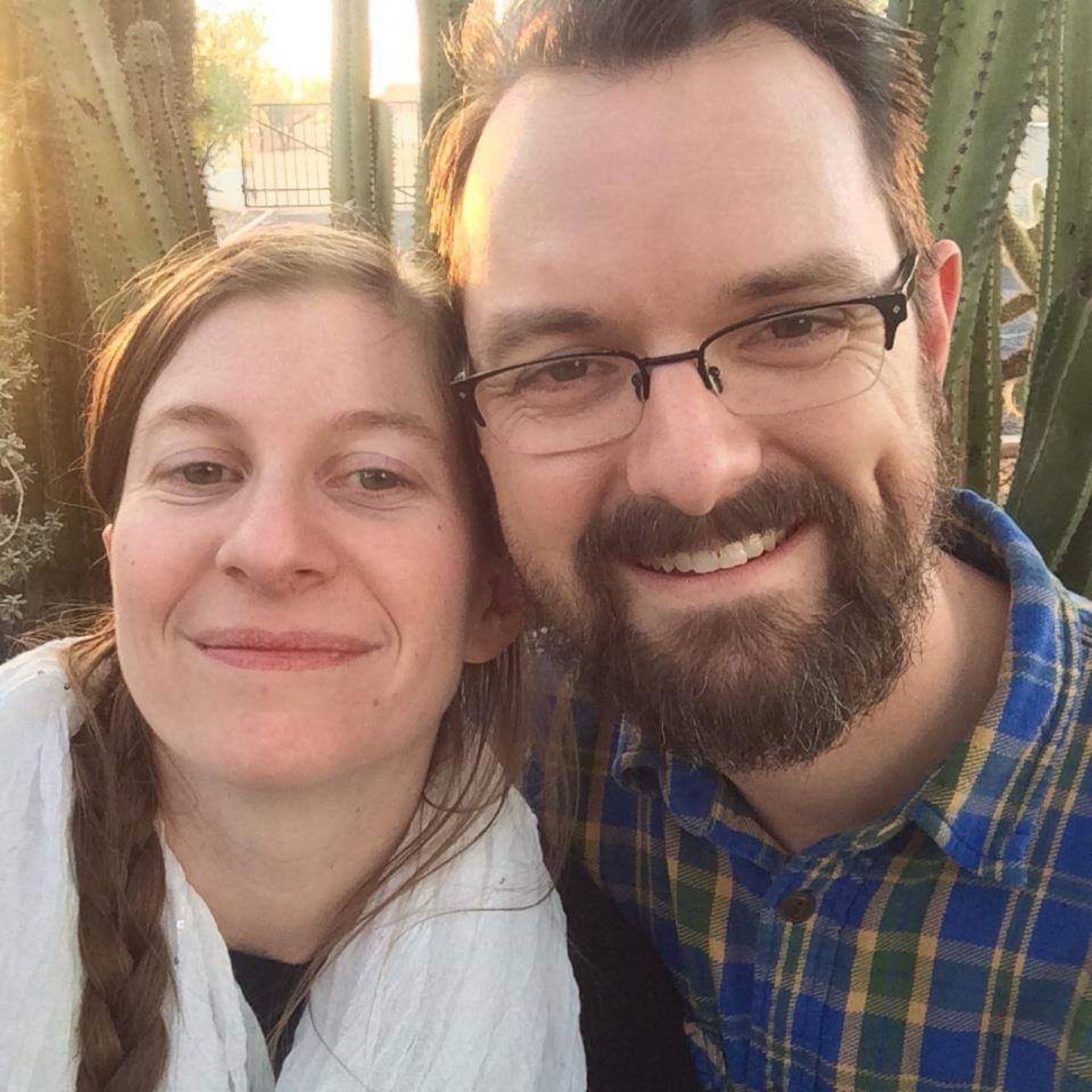Have you ever overpromised on some work you were doing for someone else?
Augustine did that when he promised to preach 1 John in a certain amount of time. Things probably started fine, but as he was going along he realized his plan was no good. So at the end of sermon number six of what would become a ten-part series, he tells his listeners, “I am afraid the epistle itself will not be finished during these days as I promised, but as the Lord will, it is better to reserve the remainder, than to overload your hearts with too much food”.
Everyone makes planning mistakes, even Augustine. When you do, follow his example.
Instead of barreling forward, be humble. Keep your priorities straight, readjust as necessary, and let everyone know what’s going on.
There is too much going on right now! 🤪
Sometimes, when you’re in the middle of pain and suffering, it is difficult to trust that God is good. He promised me salvation! So, where is it?
Take, for example, the criminal described in Luke 23 who was being crucified alongside Jesus. As he was being crucified, this man recognizes that he is not like Jesus. He sees that he is guilty and is “receiving the due reward” for he sins, but that Jesus was an innocent man. The criminal also recognizes that Jesus is the merciful God, and is capable of saving him, even though Jesus is himself, at that moment, dying.
The man said, “Jesus, remember me when you come into your kingdom.”
And Jesus said to him, “Truly, I say to you, today you will be with me in paradise.”
When Jesus says these words, Jesus gives the criminal mercy, forgiveness, and the promise of paradise in God’s presence. Today.
And yet, what about the man’s suffering right now? What was is this forgiven sinner to think of the salvation he had been promised when he could barely pull air into his lungs anymore, when his whole body screamed with pain, when the shame of his sins was still displayed for every passerby to see?
This, John Calvin writes, “reminds us that we ought not to judge of the grace of God by the perception of the flesh; for it will often happen that those to whom God is reconciled are permitted by him to be severely afflicted.”
In other words, suffering in this life doesn’t make God’s promise of paradise false. In fact, Calvin warns that we need to guard ourselves against doubting God in these moments. Because, if we don’t guard ourselves, we might allow “the severity of pain hinder us from tasting the goodness of God.”
This is an important point. Calvin is not merely saying that God will come through in the future, so hang on. That’s true, but he’s also saying that if we hold on to the promise of the merciful God, then we will experience God’s goodness and mercy even now in our sufferings, even during a crucifixion. As Calvin says,
“all our afflictions ought to be mitigated and soothed by this single consolation, that as soon as God has received us into his favor, all the afflictions which we endure are aids to our salvation. This will cause our faith not only to rise victorious over all our distresses, but to enjoy calm repose amidst the endurance of sufferings.”
Paul testifies to this in Romans 5 when he explains that “since we have been justified by faith, we have peace with God through our Lord Jesus Christ.” This work of God in Christ gives us peace and allows us to rejoice “in the hope of the glory of God.” But there’s more!
“Not only that, but we rejoice in our sufferings, knowing that suffering produces endurance, and endurance produces character, and character produces hope, and hope does not put us to shame, because God’s love has been poured into our hearts through the Holy Spirit who has been given to us. For while we were still weak, at the right time Christ died for the ungodly.”
I doubt that after hearing Jesus' promise, the pain in the crucified criminal’s body went all away. But I have experienced in my own life and have heard in the testimonies of other Christians that what Paul says is true. God does give comfort and perseverance to those who suffer. And that he uses those sufferings for our salvation. You can trust him.
Charels Spurgeon once lamented how many Christians, especially ministers, don’t get the relationship between the law and gospel right.
“O, when will all professors, and especially all professed ministers of Christ, learn the difference between the law and the gospel? Most of them make a mingle-mangle, and serve out deadly potions to the people…”
But how do you avoid this? That’s a big question, but John Calvin offers some good advice in his comments on 1 John 2:12.
“Holiness of life ought indeed to be urged, the fear of God ought to be carefully enjoined, men ought to be sharply goaded to repentance, newness of life together with its fruits, ought to be commended; but still we ought ever to take heed, lest the doctrine of faith be smothered,— that doctrine which teaches that Christ is the only offer of salvation and all of blessings; on the contrary, such moderation ought to be presented, that faith may ever retain its own primacy. This is the rule prescribed to us by John: having faithfully spoken of good works, lest he should seem to give them more importance than he ought to have done, he careful he calls us back to contemplate the grace of Christ.”
According to Calvin, it’s not enough to preach both the law and the gospel. They must also be proclaimed in right relation to one another.
Understanding what the law and gospel are and how they are related is essential for Christian preaching. Ministers should be expert in them. Here are some things you can read to avoid the mingle-mangle:
- Edward Fisher, The Marrow of Modern Divinity
- Sinclair Ferguson, The Whole Christ
- John Colquhoun, A Treatise on the Law and the Gospel
I just wrote a review on Cal Newport’s new book, Digital Minimalism: Choosing a Focused Life in a Noisy World. I’ll either post a link to the review or publish it here in the future.
Bottom line: The only people I know who don’t need to read this book are those who have already adopted his ideas, which is hardly anyone. Do yourself a favor and get this book.

Ti Adelaide Martin specializes in hospitality. She recently opened New Orleans Culinary and Hospitality Institute and was featured in the Wall Street Journal. See: “How to Host a Dinner Like a Pro”
In that feature, she offers some advice. Hospitality requires, she says, “systems, not just smiles.”
“Having that system in place makes it easier for us to be warm and gracious and hospitable, and to connect.”
The Bible tells us to be proactive about hospitality. We need to think about it in advance and be prepared for it. For example, wealthy Christians are commanded in 1 Timothy 6:18 “to be rich in good works, to be generous and ready [or, willing] to share.” And while hospitality is a particular blessing and calling for the wealthy, God says in Romans 12:13 that all Christians must “seek to show hospitality”. We must not neglect it, according to Hebrews 13:2. Seeking is the opposite of neglecting. Seeking is proactive. And interestingly, in Romans, Paul may intend an even stronger verb than seek.
The word that “seek” translates in Romans 12:13 is διώκειν, which usually means to pursue, chase, or drive after something. In some contexts it can mean to prosecute or persecute. This is probably the case when Paul uses διώκειν in the following verse: “Bless those who persecute [διώκοντας] you, bless and do not curse them”. If verse 14 refers to persecuting—and all English versions translate it this way, probably because of Matthew 5—it is a quite a thing to pair this kind of pursuit with the verse before about pursuing hospitality. In that case, Paul would be saying something like, “pursue the goal of showing hospitality, and when others pursue you with the intent to harm you, bless them.” If it doesn’t mean that and instead means, “Bless those who pursue you in showing you hospitality. Don’t curse them!”, then this also strengthens God’s call to be hospitable.
Either way, God tells us to be hospitable and that it’s not good enough to just let hospitality happen. This is because hospitality falls into the broader category of love, as it does in Romans 12. Διώκετε τὴν ἀγάπην—Pursue love—says 1 Corinthians 14:1. Christ’s love for us was proactive, purposeful, and planned. Those who have been born of God will love others in a similar way.
This is why systems are important. Systems for being hospitable make the occasional regular; they ensure that what might be overlooked will be attended to instead. Systems make hospitality easier for the host and a greater blessing for the guest. Of course, each organization, restaurant, church, family, etc., will need to find systems that fit their particular needs and goals, but having those systems they must.
In my church and in my family, we have some good systems in place. But there is room for growth. What about you? What systems do you have in place that make a big difference for you and for those whom you seek to serve?
Idelette was “the best companion of my life”, wrote John Calvin. Her biographers call her “a woman of some force and individuality”. As you might guess, their marriage makes quite a story.
“Hey, guys! I’m at the Tucson Gem and Mineral Show for a few more days!”

If you love typography or the Bible or languages, you’re going to love Dodecaglotta. If you love all three, you better sit down before you click the link.
You’ve got to watch Dave Tull singing “Texting and Driving” while he plays the drums. If anyone can text and drive, it’s this guy. Just kidding. Don’t do it, Dave. But, if you like the song, there’s a better version on cdBaby.
Is there an easy way to pull all my posts off Facebook and add them to my blog without changing the post dates?
Here is my Sunday morning sermon on John 2:1-12, where Mary says, “Do whatever he tells you.” I include a long quote from Luther that I found in F. D. Bruner’s commentary on John. I rarely quote so much in sermons, but the quote is so good.
Marijuana, Mental Illness, and Violence - Imprimis
“I soon realized that in all my years as a journalist I had never seen a story where the gap between insider and outsider knowledge was so great, or the stakes so high.”
If you haven’t seen my I Recommend page recently, take a look. I’ve added new links and lots more commentary over the last few weeks.



